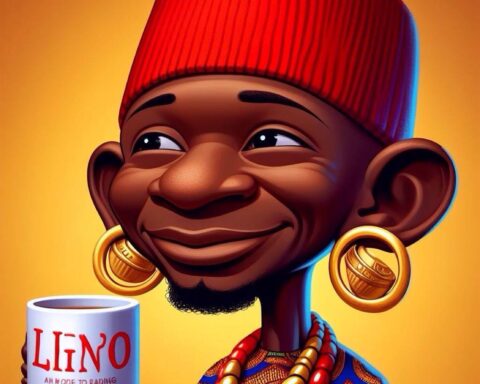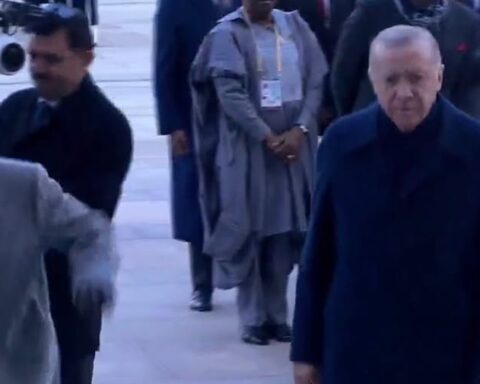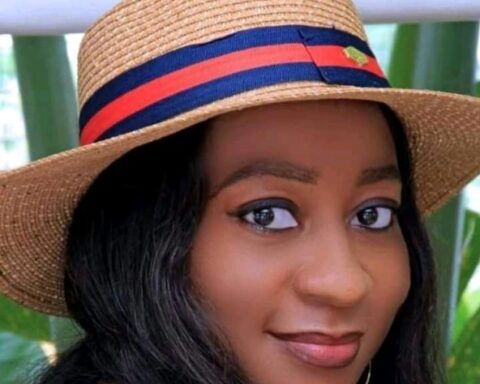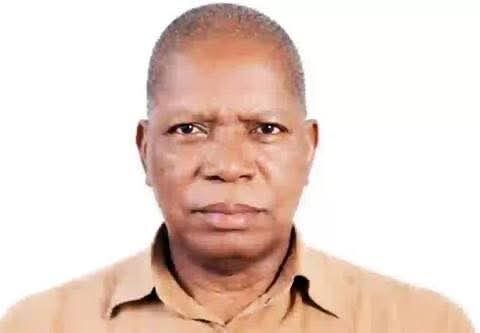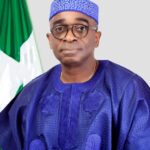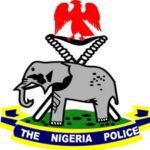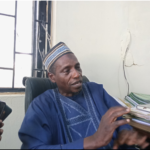This episode is more than a regional political drama; it is a stress test for the institutional strength, democratic maturity, and political will of Nigeria’s evolving federal system in my view.
At the heart of the crisis in Rivers State was a fundamental question: who truly holds power in a democracy — the people through their vote, or political godfathers through backroom influence?
Governor Fubara’s earlier sidelining, reportedly under pressure from power brokers, highlighted a disturbing undercurrent in Nigerian politics: the persistent overreach of unelected political elites in determining the fate of duly elected officials. His return, whether seen as a victory of democratic resilience or political compromise – is an indictment of a system still grappling with the basic tenets of representative governance.
What has unfolded in Rivers State shows us how fragile Nigeria’s democratic institutions still are. The separation of powers, independence of the judiciary, and neutrality of security forces — all crucial pillars of a functional democracy remain susceptible to manipulation. When governors are removed or reinstated not through transparent legal processes but through opaque political negotiations, it raises doubts about the legitimacy of democratic institutions and the rule of law.
Democracy, at its core, is about the people, their voices, their votes, their welfare. In Rivers State, the power tussle has largely ignored this. Citizens have watched from the sidelines as political actors play chess with their mandates. This disconnect is dangerous. A democracy that continually sidelines the will of the electorate in favour of elite interests risks fostering apathy, resentment, and ultimately, instability.
However, there is an opportunity here. Governor Fubara’s return can serve as a turning point, not only for Rivers State but for Nigeria as a whole. It can spark a national conversation about political accountability, transparency, and institutional reform. It can pressure political parties to redefine internal democracy and encourage civil society to demand stronger checks and balances.
What democracy holds for Nigeria depends not just on political outcomes but on the process by which those outcomes are reached. If Governor Fubara’s return signals a reassertion of electoral legitimacy and a check on political godfatherism, then it may mark progress. But if it’s merely a temporary truce in a longer war for control, then it may only reinforce cynicism.
In my final analysis, Nigeria’s democracy must grow beyond personalities and power plays. It must mature into a system where institutions are stronger than individuals, where laws upstage loyalties, and where the people, not a select few, are the ultimate arbiters of power.
The situation in Rivers State is a mirror. The question is: will Nigeria learn from its reflection?

